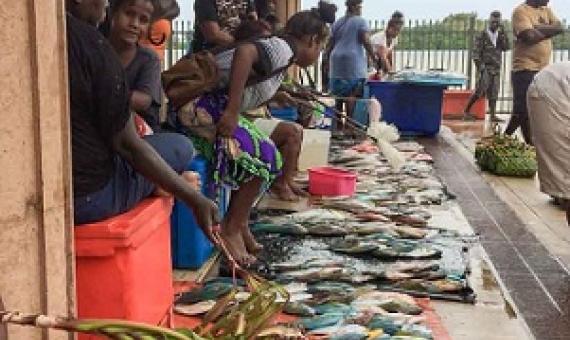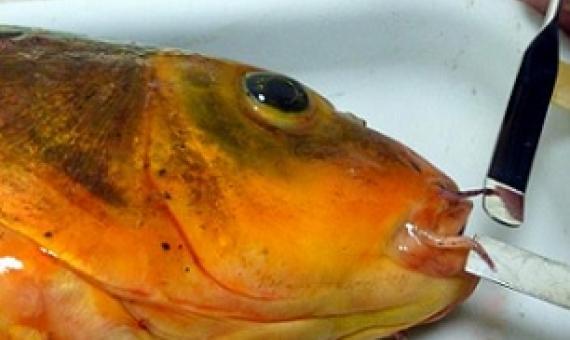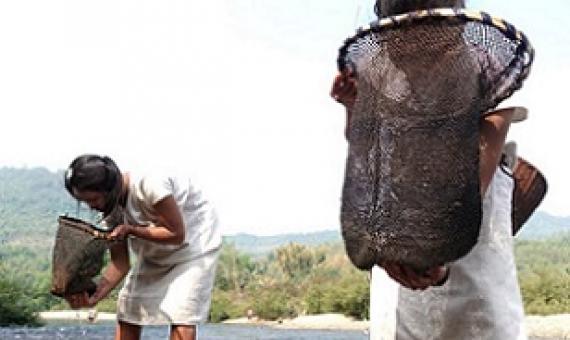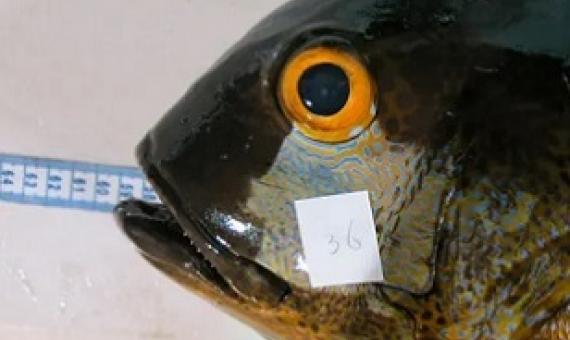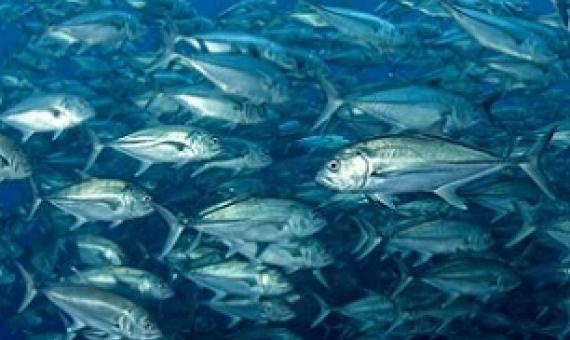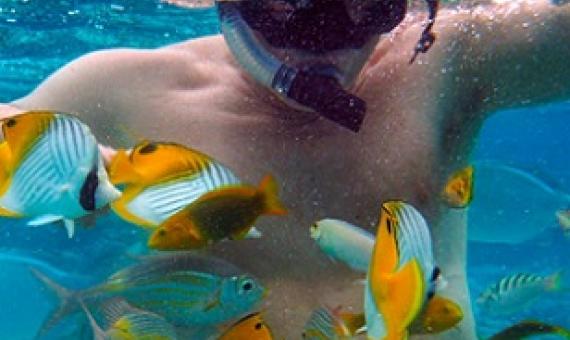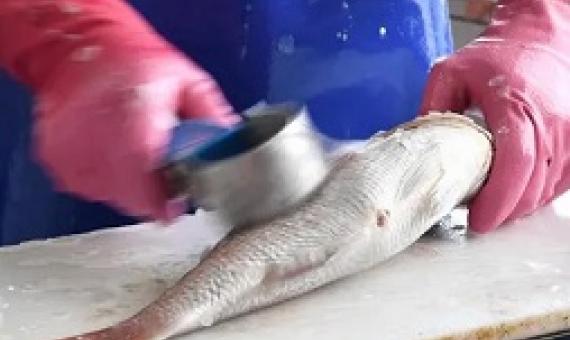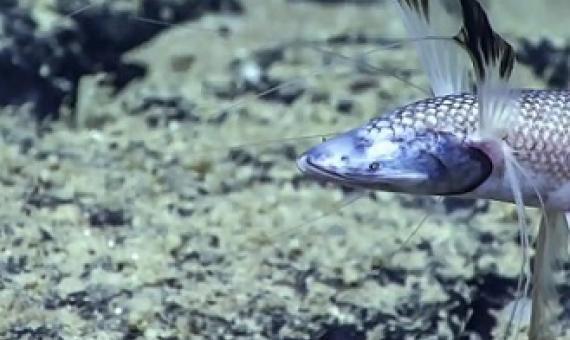The World Wildlife Fund (WWF) has revealed that some fish species will likely vanish as a result of overfishing in waters near Gizo, the capital of Western Province of Solomon Islands.
Aggregated Catch/Effort Data - Western and Central Fisheries Commission
The Western and Central Fisheries Commission (WCPFC) have compiled a public domain version of aggregated catch and effort data using operational, aggregate and annual catch estimates data provided by Commission Members (CCMs) and Cooperating Non-members (CNMs). The data provided herein have been prepared for dissemination in accordance with the current “Rules and Procedures for the Protection, Access to, and Dissemination of Data Compiled by the Commission” or (“RAP”).
Deep Water Fisheries Catch - Sea Around Us
The Sea Around Us is a research initiative at The University of British Columbia (located at the Institute for the Oceans and Fisheries, formerly Fisheries Centre) that assesses the impact of fisheries on the marine ecosystems of the world, and offers mitigating solutions to a range of stakeholders.
The Sea Around Us was initiated in collaboration with The Pew Charitable Trusts in 1999, and in 2014, the Sea Around Us also began a collaboration with The Paul G. Allen Family Foundation to provide African and Asian countries with more accurate and comprehensive fisheries data.
Alarmed Northland authorities are now searching for a koi carp after 10-year-old Zeke Voschezang reported seeing one of the unwanted freshwater pest fish in Kaipara's Lake Taharoa. The koi carp is the first seen in the 50,000-year-old lake - New Zealand's biggest dune lake and among the best
Both biodiversity and the people in river-associated communities are under severe stress the world over. Across the globe, 30% of freshwater fish are classified as being at risk...Populations of river fish are threatened by pressures on land and water resources.
When it was born, the second world war was several years away, none of the Beatles were alive and there were about five billion fewer people above the waves than today.
An international team of scientists has found leaving more big fish in the sea reduces the amount of carbon dioxide (CO2) released into the Earth's atmosphere. When a fish dies in the ocean it sinks to the depths, sequestrating all the carbon it contains with it.
Under the sea, breadcrumb trails are leading scientists to a new understanding of how ecotourism can affect marine ecosystems.
Endangered fish species are being routinely sold to Australian and international consumers thanks to a little-known feature of environmental laws that allows for the species to be commercially fished.
New research has finally demonstrated what many marine biologists suspected but had never before seen: fish migrating through the deep sea.

